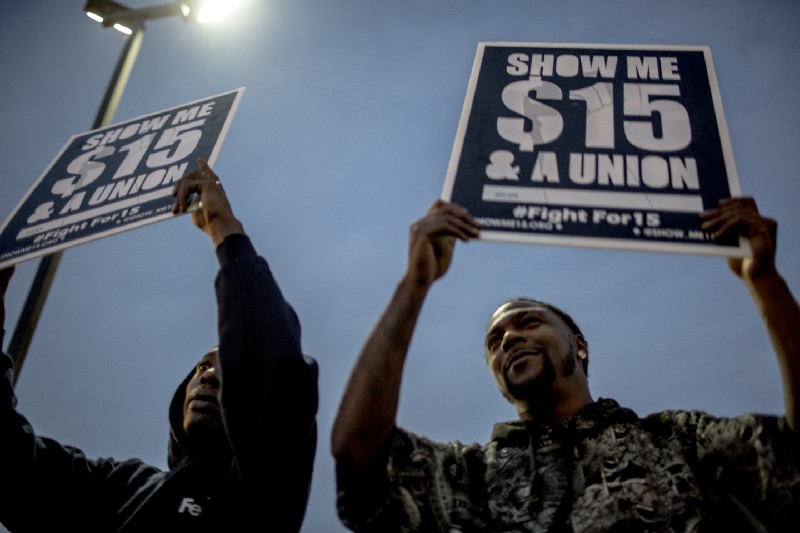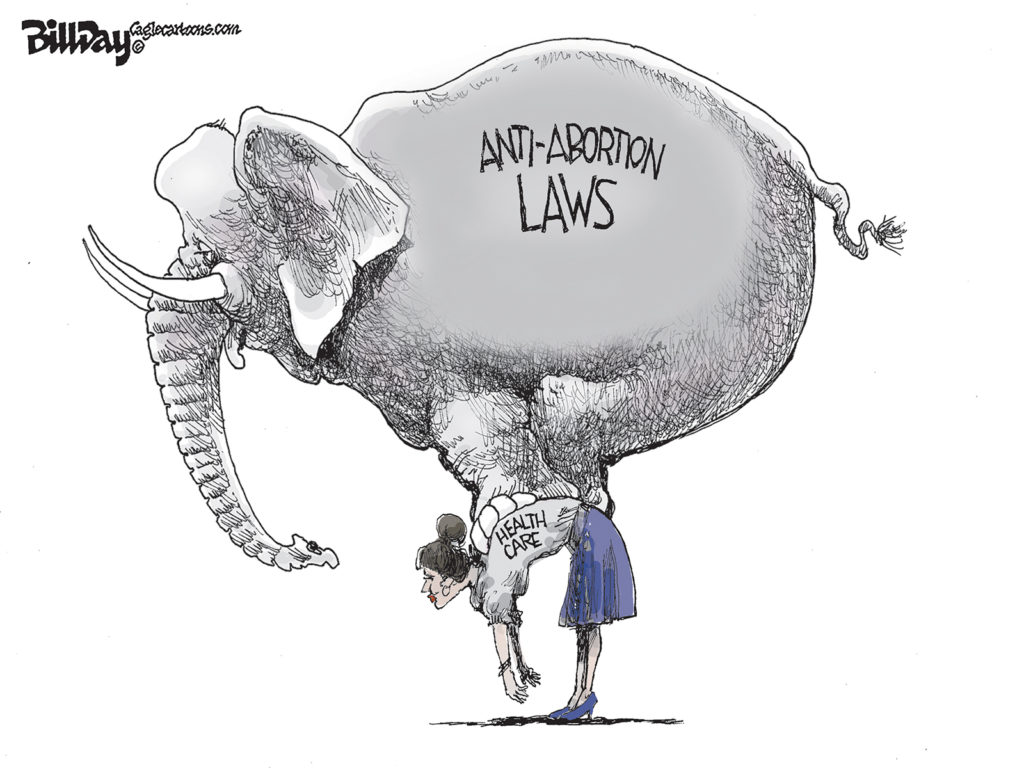In a post last week, I wrote that although there is the widespread attitude that Memphis and Shelby County are the victims of forces beyond their control, current conditions instead result from choices that were made here, some of them many decades ago. I expanded on this theme with a recent guest post on the mlk50 nonprofit reporting website:
“Our advantage is the Negro…and there is no race problem at all.”
That comment was made in 1900 when The Commercial Appeal was assessing the state of a new century’s economy in Memphis, and the Business Men’s Club — an all-white group that would become the Chamber of Commerce — boasted how low wages paid to African Americans was a competitive advantage for the city. The club even managed to update the meme of the happy slave for the dawning 20th century.
While no one would be mindless enough to say it that way today, it’s no less true that the Memphis economy is still based heavily on low-wage, low-skill jobs. It’s easy to draw a straight line from century-old attitudes to modern economic policies that continue to exploit African American labor.
Tourism, warehousing, distribution as job priorities
Fast forward from the turn of the century to the late 1970s. Reeling from a languishing economy, then Tennessee Gov. Lamar Alexander issued his first executive order, which convened the Memphis Jobs Conference, a gathering that has since been hailed as one of city’s proudest milestones.
The Jobs Conference brought together a broad cross-section of Memphians in 1979 to acknowledge the crisis and agree on an agenda to revive the local economy. By 1981, the Jobs Conference brought in national motivational speakers who urged Memphis to take risks, think bigger and aim higher. And yet, the new economic agenda produced by the meetings reflected the influence of the powers-that-be that benefited most from cheap labor. Tourism, warehouses and distribution, and new agricultural methods were set as top priorities although university economists warned that low wages characterized all three sectors.
About six years later, cheap wages were built into the thinking of the modern PILOT (payment-in-lieu-of-taxes) program that waives taxes for companies recruited to Memphis. For years, these tax holidays were given to companies that paid so little in salaries that many employees qualified for food stamps and public health care. It’s marginally better today but tax breaks are still given to companies that do not pay living wages.
To read more, click here for the complete column on mlk50.com.
***
Join us at the Smart City Memphis Facebook page for daily articles, reports, and commentaries relevant to Memphis.




Tourism is not doing much for Memphis. The ones we have are tourists who stay in cheap motels and spend little $ compared to other places. We don’t have that many exciting attractions. The workers who take care of them are paid minimum wages. Warehouses and distribution jobs don’t do much either. All 3 areas perpetuate the poverty and crime that define Memphis. Not much hope for a short term fix to get to living wages.
The business and convention market in Memphis is also very weak. The outdated Cook Convention Center and not enough top quality hotels downtown are big problems. The CVB has been run for far too many years by the incompetent Kevin Kane whose related business holdings continue to present serious conflicts of interest.